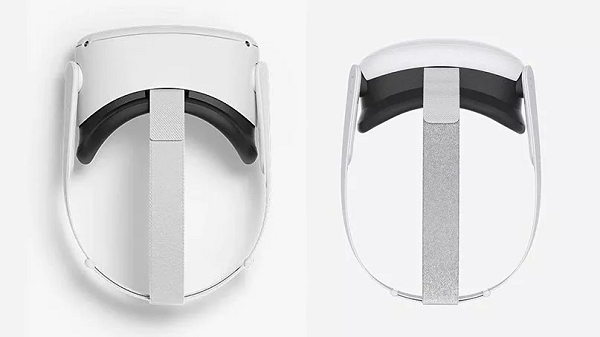As skepticism continues to swirl around its metaverse plans, Meta has laid out its vision for the future of AR and VR at the company, with its Reality Labs group presenting an updated roadmap to staff this week.
Meta’s key milestone map, at this stage, includes:
- The next stage of its smart glasses, with a heads-up display element, released in 2025
- Its first fully-fledged AR glasses to be released in 2027
- A more powerful Quest 3 headset will be launched later this year
- Its photorealistic Codec avatars are also getting closer to launch (facilitated by more powerful VR headsets)
AR could be a big opportunity, and while it’s still some time away, it’ll be interesting to see how Meta looks to promote and showcase its AR glasses, and whether it can be the first to market with full-functioning AR, which could see gain first-mover advantage.
Snapchat is also developing AR Spectacles, while Apple is developing AR glasses too, but thus far, no company has been able to produce a consumer-friendly, unintrusive AR device that can overlay digital elements on your view.
Which could be a major opportunity – though it still feels like an aside to the broader metaverse that Meta has planned, which, at least up till now, has been primarily focused on VR elements.
But Meta is trying to merge all of these advances under the ‘metaverse’ label.
Meta’s most recent metaverse promo clip seems primarily focused on AR, and maybe this is going to be a change in direction for the company’s strategy on this front, focusing on AR first, before leading into the next stage, in VR, that will come further down the line.
By highlighting AR, which has more practical, real-world usage right now, that could then act as a gateway point for that next level, and maybe, due to the negative backlash about its VR space, Meta’s now going to turn to its AR development instead as a focus for its push.
Still, the next level Quest 3 headset, to be released later this year, will also be a big element.

According to reports, the Quest 3 will be thinner and lighter than the current Quest headsets, and will be ‘at least twice as powerful’, as per The Verge.
That, ideally, will also help to spark more gradual adoption of its VR experience. And while it still feels like it’s a way off becoming a thing, gradual development steps like this are key to building towards that next stage, and getting more people to spend more of their time in the VR world.
Because I can tell you now, using a Quest for more than an hour gets pretty uncomfortable. It may seem like a lesser consideration, considering the actual VR experience itself is still fairly raw and glitchy, but it is a key element in the company’s broader plan.
As noted, Meta’s metaverse push has been lambasted by many, with the visuals still looking fairly basic, and the experience still not living up to Meta’s promise.
But Meta itself has said that it could take a decade for the metaverse to take shape, so while it isn’t there yet, all of these are building blocks for the next stage, then the next.
Which could still see the metaverse experience become what Zuck and Co. envision, and it’s interesting to note the subtle shifts that the company is taking in developing its roadmap.



